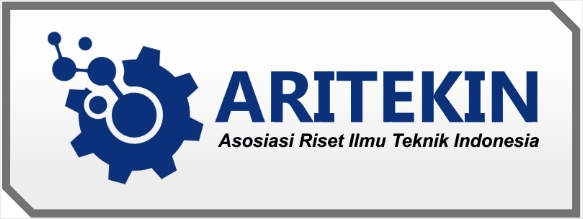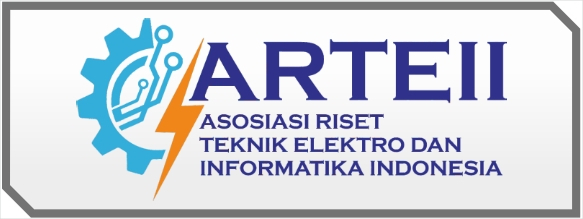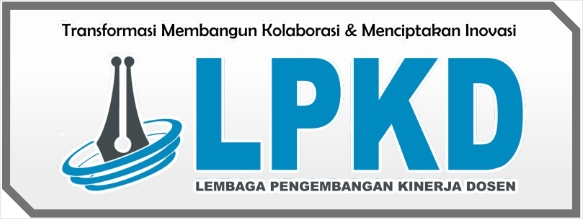Pelatihan Pengolahan Kopi Robusta Dekafeinasi Sebagai Inovasi Produk Usaha Kopi Lombok di CV. Istana Kopi Lombok
DOI:
https://doi.org/10.59031/jpbmi.v2i1.309Keywords:
decaffeination, robustaAbstract
Lombok Coffee Palace has a business brand called ETNIC COFFEE. CV. Lombok Coffee Palace is a partner of Lombok coffee farmers in Gunungsari District, West Lombok Regency. The problem faced by partners is the customer demand for healthier coffee where the coffee contains less caffeine or what is commonly known as decaffeinated coffee. The type of coffee that has a high caffeine content is Robusta coffee. So, processing is needed that can reduce the caffeine levels in robusta coffee. The solution that can be offered is providing training on processing decaffeinated robusta coffee and as a coffee product innovation. The method used in this training is counseling in the form of delivering material and discussions about decaffeinated coffee and coffee processing practices in the form of practicing how to process decaffeinated coffee. The output is in the form of a brochure resulting from the service which can be used by students and the community, especially target partners. In the long term, it is hoped that the activities that have been gained can provide progress for coffee business people.
References
Alan, S. HB. 2015. Proses Inovasi Minuman Kopi pada Kafe Monopole. Agora. 3 (1) : 343 - 352. Dewa, N. A. P., Zainuri, Yeni, S., Rucitra, W. dan R. Nofrida. 2021. Pengaruh Konsentrasi dan
Lama Perendaman Dalam Sari Labu Siam (Sechium edule) Terhadap Dekafeinasi Kopi Robusta. Laporan Penelitian. Universitas Mataram. Mataram.
Najiah, T. 2014. Pengaruh Proporsi Sari Labu Kuning (Cucurbita moschata) dan Lama Fermentasi terhadap Karakteristik Yoghurt Labu Kuning. Skripsi . Universitas Islam Negeri Maulana Malik Ibrahim. Malang.
Nocianitri, K. A., Putri, J. M., dan Putra, N. K. 2017. Pengaruh Penggunaan Getah Pepaya (Carica papaya L.) pada Proses Dekafeinasi Terhadap Penurunan Kadar Kafein Kopi Robusta. Media Ilmiah Teknologi Pangan. 138-147.
Nurul, A. 2021. Dekafeinasi Kopi Komersial Varietas Robusta (Coffea canephora) Menggunakan Sari Labu Siam (Sechium edule). Skripsi. Universitas Mataram. Mataram.
Rahayu, T. 2007. Optimasi Fermentasi Cairan Kopi dengan Inokulan Kultur Kombucha (Kombucha Coffee). Jurnal Penelitian Sains dan Teknologi. 8(1):15–29.


















